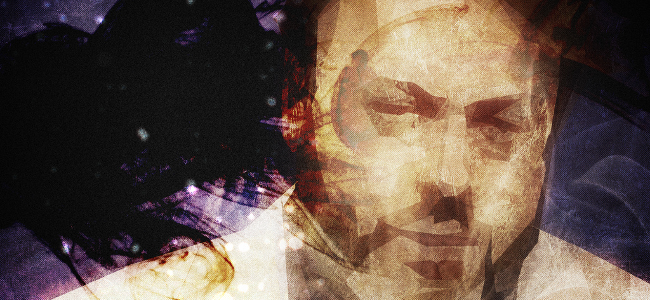For all the slating that Christopher Hitchens attracted in his lifetime, it’s the quiet criticism of Jason Cowley, editor of the New Statesman, that best captures the man’s flaws as a writer.
In an otherwise generous obituary in 2011, Cowley wrote that Hitchens’ “polemical denunciations and pamphlets on powerful individuals […] feel already dated, stranded in place and time, good journalism but not literature”.
There is indeed something narrow, even parochial, about much of Hitchens’ work outside of his antitheist tract God Is Not Great.
Before his death, the essay collections Love, Poverty and War and Prepared For The Worst covered a breadth of literary and political fancies, with the posthumous tome Arguably doing much the same.
The effect is that when Hitchens is read in the aggregate one is often drawn in by one article but bored by the next. Latin American literature is chased by the minutiae (and many failings) of Bill Clinton’s presidency.
But while all these things are true of As Yet, the latest collection of essays from the Hitchens estate, there’s something about the selection that sits rather better than previous efforts.
The subjects range from Christmas humbug, to the oddly timely misdeeds of Hillary Clinton, to – naturally – George Orwell, probably the most constant factor in Hitchens’ wandering mind.
It’s arguable that the nearness of some of these subjects, drawn from the last decade or so of Hitchens’ life, helps. Some of these columns could well be reprinted today with much the same relevance – even if his views on Obama look naive in today’s light.
The gift of phrase that Hitchens latterly acquired is also in full flow – “the duty of a true republican is to resist the banana republic, and perhaps some banana Republicans” – as is the dry humour and flash of insight.
Given his pith, it may not be coincidence that Hitchens rose to prominence as Twitter was gaining traction. Yet like Twitter there is something unhappily perishable about his work.
Hitchens had himself as a “jobbing hack”, and acknowledged that journalists were trapped be the shallowness of the trade.
But the sad thing is that journalism relies on being a lived experience. Scandals are more exhilarating when they are ongoing, as this week’s events are proving, than when you read about them in a history book.
Hitchens’ friends were always mystified that he never chose to write a novel despite his obvious affection for the form.
To me, it’s more irksome that he rarely waded deeply into a subject, preferring to focus on events, or personalities like “Mother Theresa”, the Clintons or “Princess” Diana Spencer.
Probably this is what gave his invective the violence that more philosophical associates like Sam Harris lack. It is always more provoking to monster newly-expired clergy than to muse on taboos around slandering the dead.
Even so, I cannot escape the feeling that Hitchens had a few broader polemics in him that were lost because of his premature death.
It’s doubtful, for instance, that his defence of free speech could be beaten. Watching old C-Span clips of him you find his asides are more interesting than the main shtick of other pundits.
Of course, it’s stupid to complain that journalism lacks the organising principles of other writings. And And Yet is as fine a collection of essays as one is likely to find from a denizen of Fleet Street (or whatever the Yankee equivalent is).
Which is to say Cowley was right. But I don’t have to like it.
Image Credit – Christopher Hitchens Dies, December 2011 by Surian Soosay
